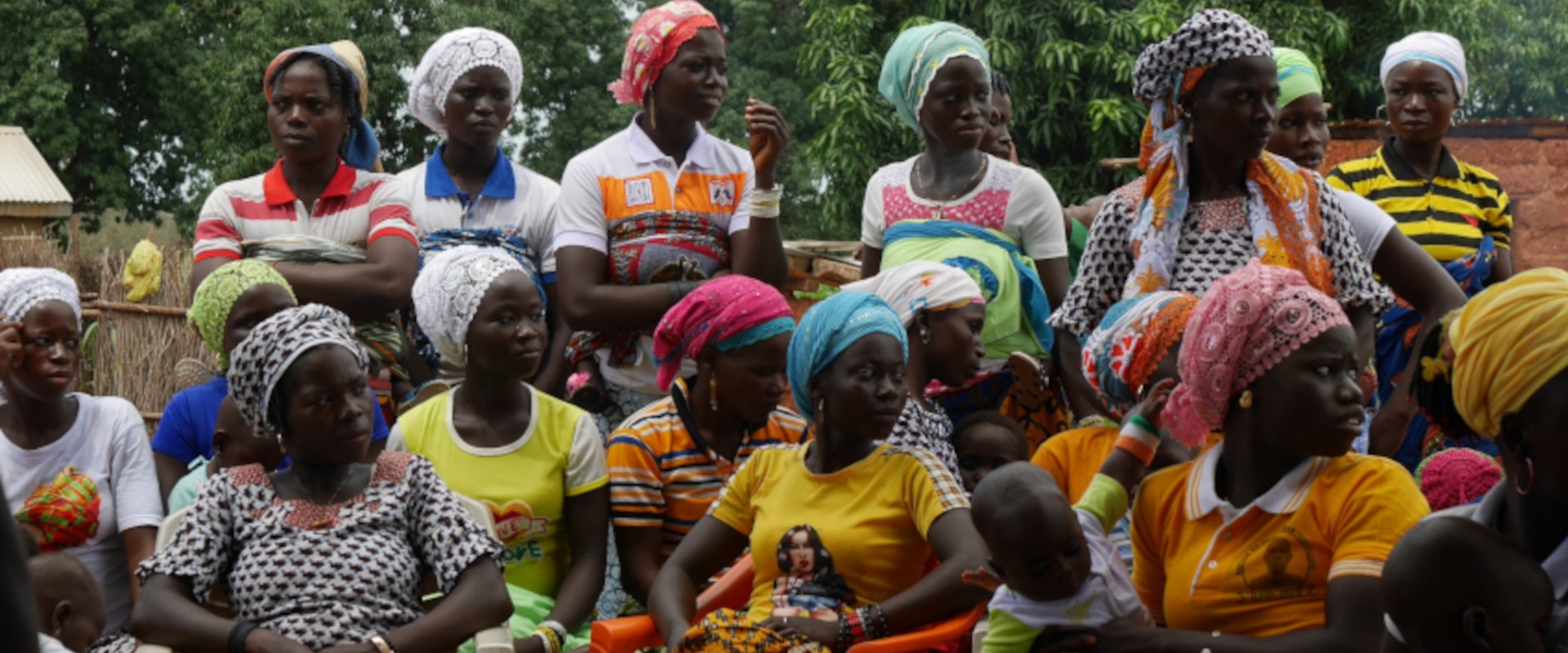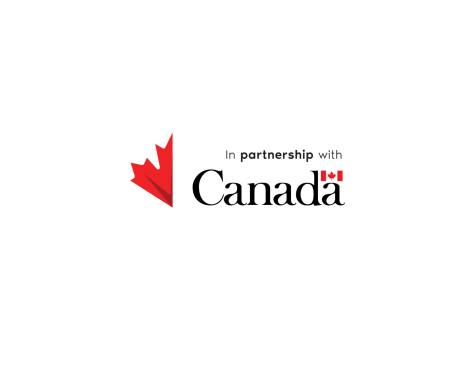
GIVE THIS RAMADAN

Before the official launch of the ACT-Femmes project, a baseline study in the Tchologo region of Côte d’Ivoire was carried out by Action Against Hunger to assess the accessibility of basic social services available to women and adolescent girls in sexual and reproductive health, maternal and child health, neonatal health, and quality nutrition. The study revealed a low involvement of women and adolescent girls in the management and processes of healthcare centres.
A further study on the effectiveness of health management committees revealed that a prominent absence of women prevents healthcare systems from properly meeting women’s and girls’ needs.
Women face barriers to representation within health management committees because of the patriarchal culture that dominates the Tchologo region. Communities do not recognize the right of women to participate in decision-making, even regarding their access to health services that directly affect them.
Therefore, the ACT Femmes project prioritized identifying women who wish to participate in health management committees and held training workshops for members. During the training, an emphasis was placed on the importance of diversity and women’s representation in health centres’ management committees. The training helped members become aware of the critical role played by women in healthcare, and allowed the head of the Urban Health Centre (UHC) of Sikolo, Dr. Siagbe Soungole, to change his perception and attitude towards the potential of women on committees.
He said, “Women and girls have long been in the background and are continually being subjected to decisions made by men. However, men do not always understand the specificities of women’s needs, especially regarding sexual and reproductive health and maternal health. At health management committee meetings, the specific problems of women’s health are not discussed in depth. It is therefore necessary that they actively participate in these meetings”.
Through the project’s intervention, male participants realized if women’s specific health needs are to be addressed equitably, they must exert a more significant influence on the availability and quality of health services.
Dr. Soungole is a concrete example that positive masculinity can contribute to advancing women’s rights. All 14 other health management committee partners of the ACT-FEMMES project were invited to integrate women as a priority in their health management committees. They were also invited to facilitate the integration of new members who will be trained with the support of the ACT-FEMMES project. Coaching activities will qualitatively increase women’s participation during health management committee meetings.
 ACT Femmes is a project funded by Global Affairs Canada to promote the empowerment and rights of women and adolescent girls in vulnerable situations in the Tchologo region of Côte d’Ivoire. It seeks to give them sustainable access to services directly addressing their sexual and reproductive health and mother and child health needs.
ACT Femmes is a project funded by Global Affairs Canada to promote the empowerment and rights of women and adolescent girls in vulnerable situations in the Tchologo region of Côte d’Ivoire. It seeks to give them sustainable access to services directly addressing their sexual and reproductive health and mother and child health needs.
Join our community of supporters passionate about ending world hunger.